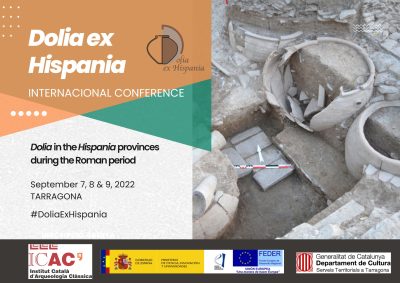
International Conference Dolia ex Hispania will bring together in Tarragona a hundred researchers from Spain, France, Portugal, Germany, Italy, Romania, and Morocco.
The event aims to dedicate a prime synthesis to the Hispanic dolia, within the framework of each of their provinces (Tarraconensis, Lusitania, Baetica) and therefore compile information that until now had been dispersed or unpublished. This scientific meeting will be compiling the results of recent archaeological research.
Internacional Conference Dolia ex Hispania aims to offer a scientific balance to promote later studies, creating an arena for discussion and collaboration between specialists.
ICAC Research team on Food, Economy and Trade in the Ancient World (Aecma) is organizing this conference, in the framework of the research project Figlinae Hispanae (FIGHISP). Catálogo en red de las alfarerías hispanorromanas y estudio de la comercialización de sus productos (PGC2018-099843-B-I00, MCIU/AEI/FEDER, UE).
The high volume of proposals submitted and the positive assessment made by the Scientific Committee of the conference have exceeded the initial expectations of the Organizing Committee, which has decided to extend the conference to a three-day event (instead of the two-day originally planned).
Dolia ex Hispania International Conference will hold 40 communications with the participation of one hundred researchers from 43 universities, research centers, and organizations from Spain, France, Portugal, Germany, Italy, Romania, and Morocco.
⇒ On-site sessions will take place at Serveis Territorials de Cultura de Tarragona.
⇒ There’s no room for more people to attend on-site but an open link is available to follow all sessions in streaming, online.
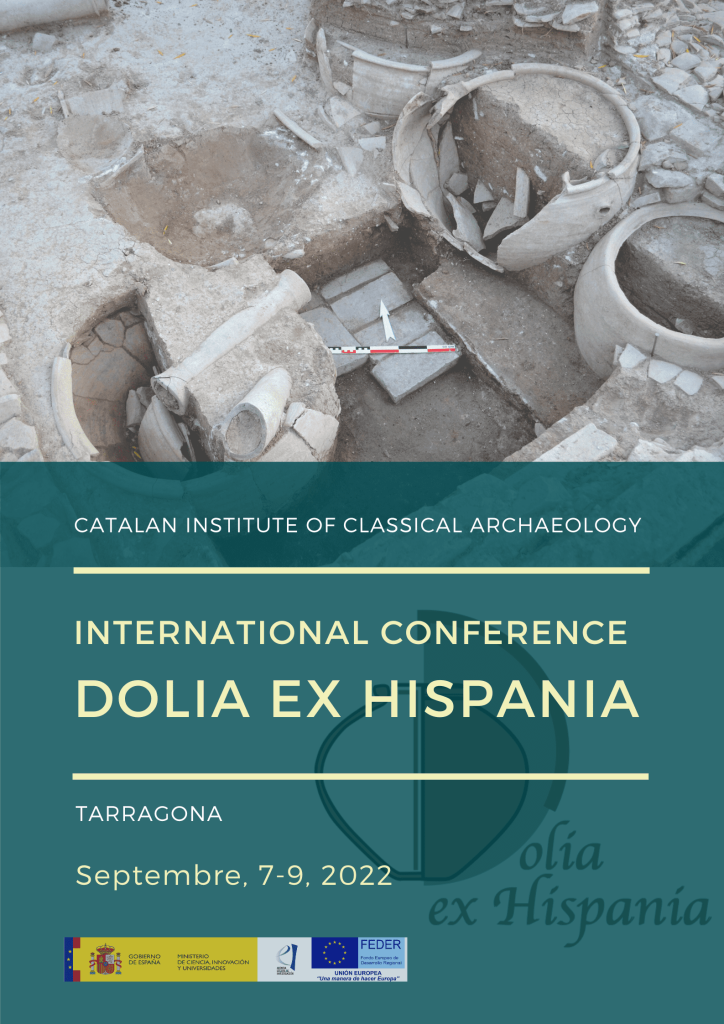
ICAC will edit a publication, within the series TRAMA, with a selection of the papers and communications submitted, after a peer-review process.
The event will be opened by the director of the ICAC, Josep Maria Palet, and the ICAC researcher Ramon Járrega, organizer of the congress, on Wednesday, September 7, at 9 a.m.
The conference will then begin with the opening conference by Dr. Charlotte Carrato (Mosaïques Archéologie), at 9:30 a.m.
From 10 a.m. to 6 p.m. there will be thirteen communications, corresponding to the Tarraconensis province section, which will begin with a talk by Joaquim Tremoleda (MAC Empúries) and Maria Rueda (ICAC) entitled “Dolia ex Tarraconensi”.
On Thursday, September 8, the conference will also dedicate part of the morning to the Tarraconensis province, with seven communications. The afternoon will be devoted to the Lusitania province, with nine communications that will begin with the presentation “Dolia ex Lusitania” (12:20 p.m.), by José Carlos Quaresma (University of Lisbon), Pedro Pereira (University of Porto) and Sonia Bombico (University of Évora).
On Friday, September 9, it will be the turn of the Betica province, which, with four communications, will begin at 9 a.m. with the presentation “Dolia ex Baetica“, by Dario Bernal (University of Cádiz), Enrique García and Iván González (University of Seville), and Oriane Bourgeon (ICAC).
Later on, Friday, starting at 11 am there will be the last section, called section varies, in which there will be room for six communications on dolia with themes not limited to a specific Roman territory or province. After the debate, the conference will come to an end with a closing conference by Dr Yolanda Peña (UNED), at 1:20 p.m.
La #HispaniaTarraconense fou una gran regió productora de vi, tal com testimonia la troballa d’un gran nombre de cellae vinariae a l’actual Catalunya, zona de Llevant i Navarra.
En parlarem amb @mruedapr al congrés #doliaexhispania 😉
📷 #dolia conservats al soterrani del #MUHBA pic.twitter.com/jJu3QbBAEA— ICAC, Institut Català d’Arqueologia Clàssica (@ICAC_cat) August 24, 2022
Dolia in the Hispanic provinces in the Roman period
Facing the new demands of an expanding Roman Empire, from I AC century there was a gradual transfer of production between Italy and its provinces. In this context, the Iberian Peninsula and the South Gaul occupied a primordial place in supplying the Imperial centre, until well into the III AC century. Beyond the fertility of their lands and a favourable climate for Mediterranean crops, these provinces, endowed with extensive coastlines and navigable waterways, offered new commercial opportunities to meet the needs of the rest of the empire, thus establishing large-scale production. scale among which wine and oil were the most emblematic products.
Un #dolium era un recipient de grans mides usat en època romana per a emmagatzemar productes alimentaris. A l’actual Catalunya es testimonia sobretot en cellers, per ajudar en la vinificació i emmagatzematge del vi.#DoliaexHispania #Arqueoparaules #Aecmahttps://t.co/OIVDJLWoOO pic.twitter.com/KzeRLkPqlJ
— ICAC, Institut Català d’Arqueologia Clàssica (@ICAC_cat) July 7, 2022
The agricultural production in the aforementioned areas, partly organized by Italian settlers, benefited from the techniques introduced by those newcomers. Among the newly implemented tools, the dolium gained a primary role in the vinification and oil decanting processes, along with a general food storage function. Although the recipient had other secondary usages, the primary role was, without doubt, linked with the mentioned wine and oil productions.
Els #dolia eren molt difícils i costosos de fabricar, per aquest motiu tenien una vida útil molt llarga. De fet, en cas de trencar-se es reparaven amb grans grapes de plom.#doliaexhispania
📷 Detalls de les grapes d’un #dolium conservat al @MNATTGN.@mruedapr #Aecma pic.twitter.com/8ZpqOZs5mH— ICAC, Institut Català d’Arqueologia Clàssica (@ICAC_cat) August 5, 2022
On-site sessions will take place at Serveis Territorials de Cultura in Tarragona. There’s no room for more people to attend on-site but an open link is available to follow all sessions in streaming, online.
Programme:
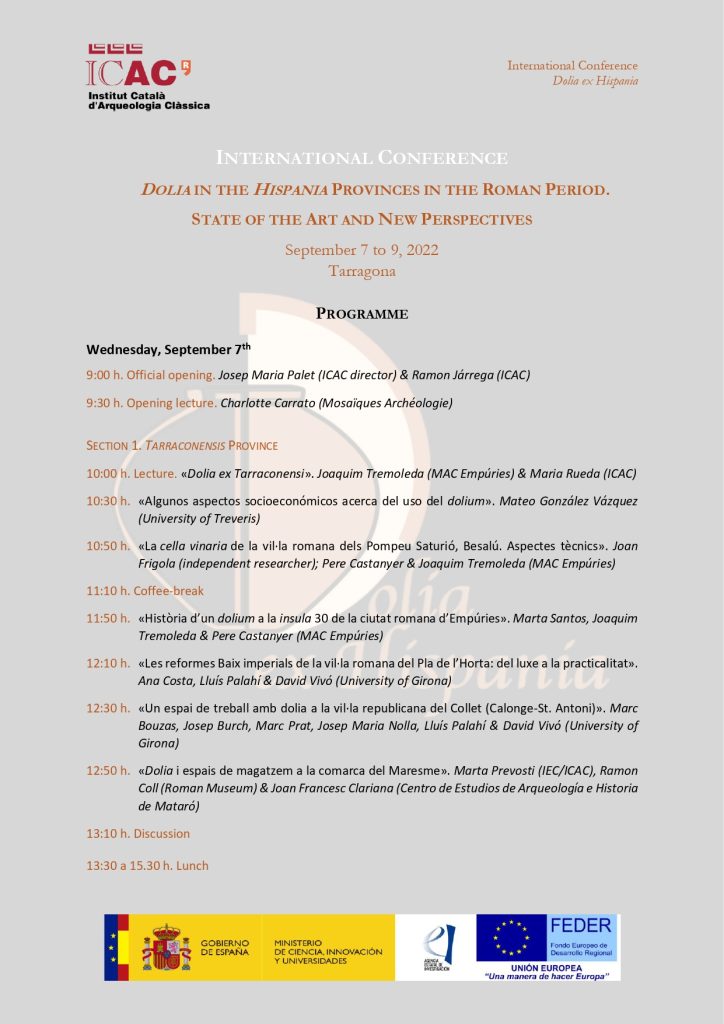
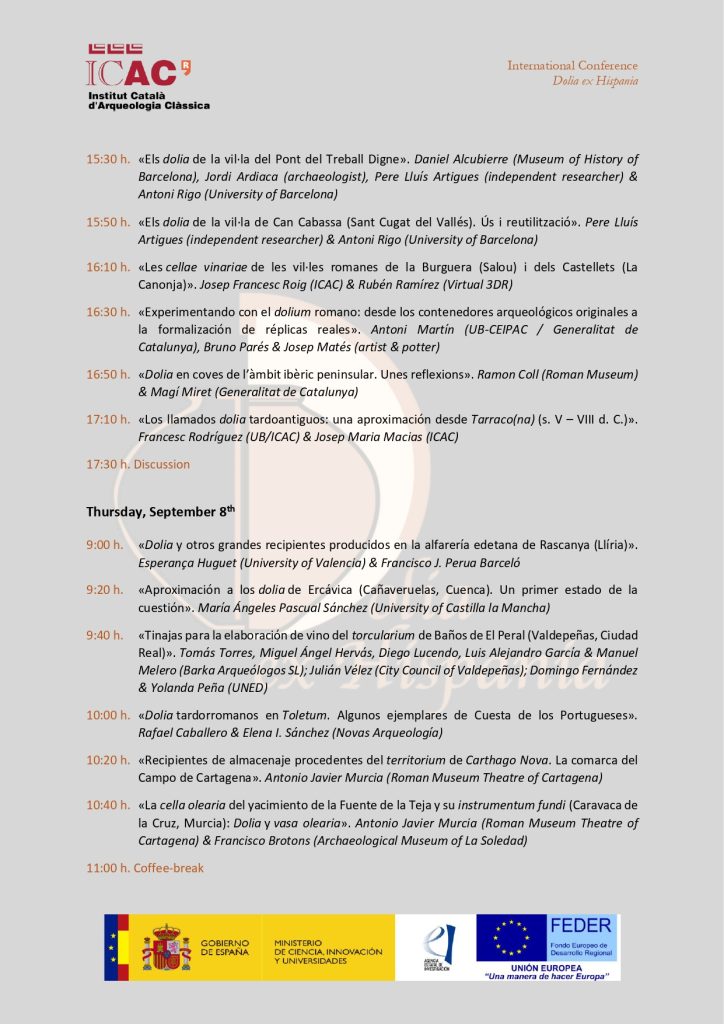
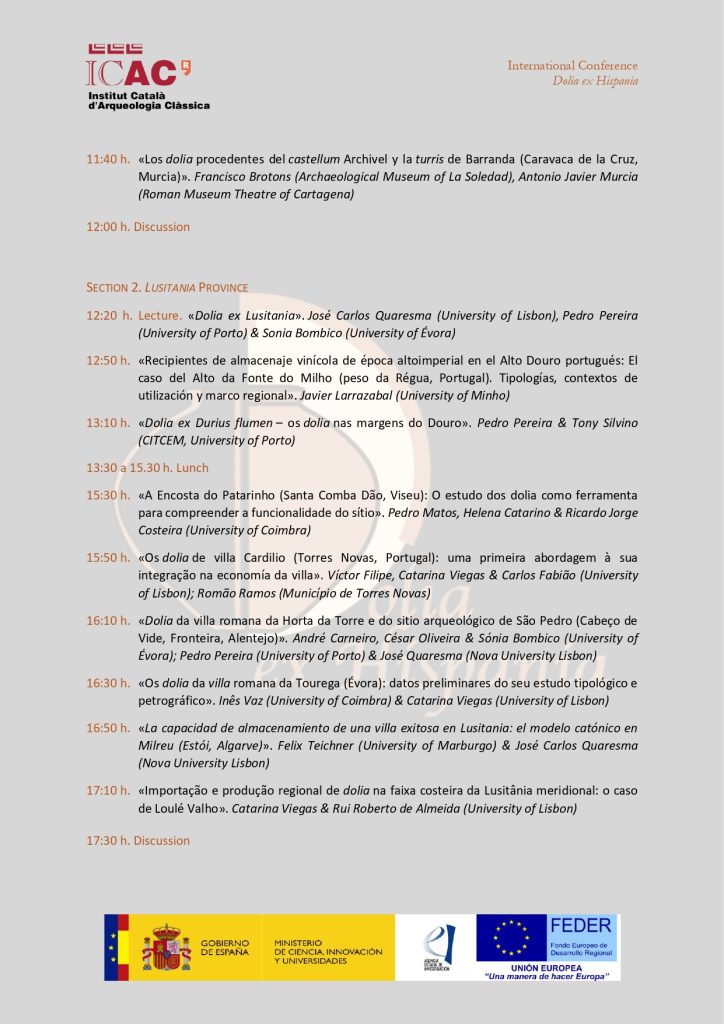
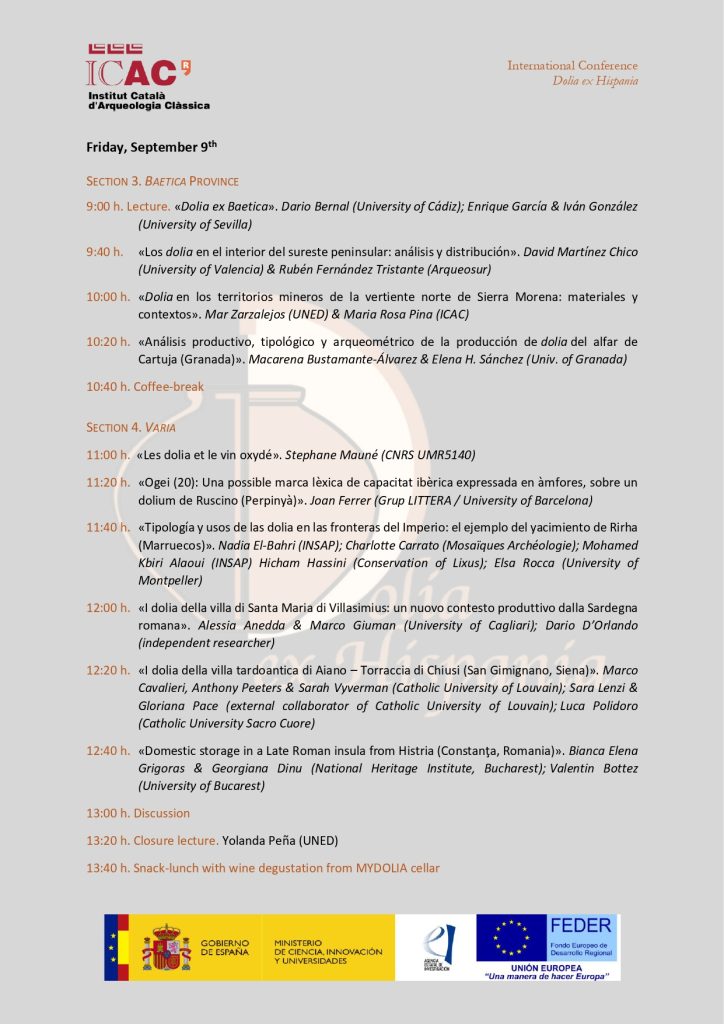
Funded by:
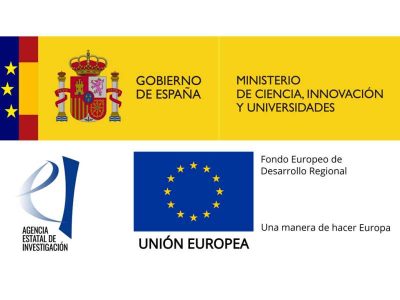
With the collaboration:






